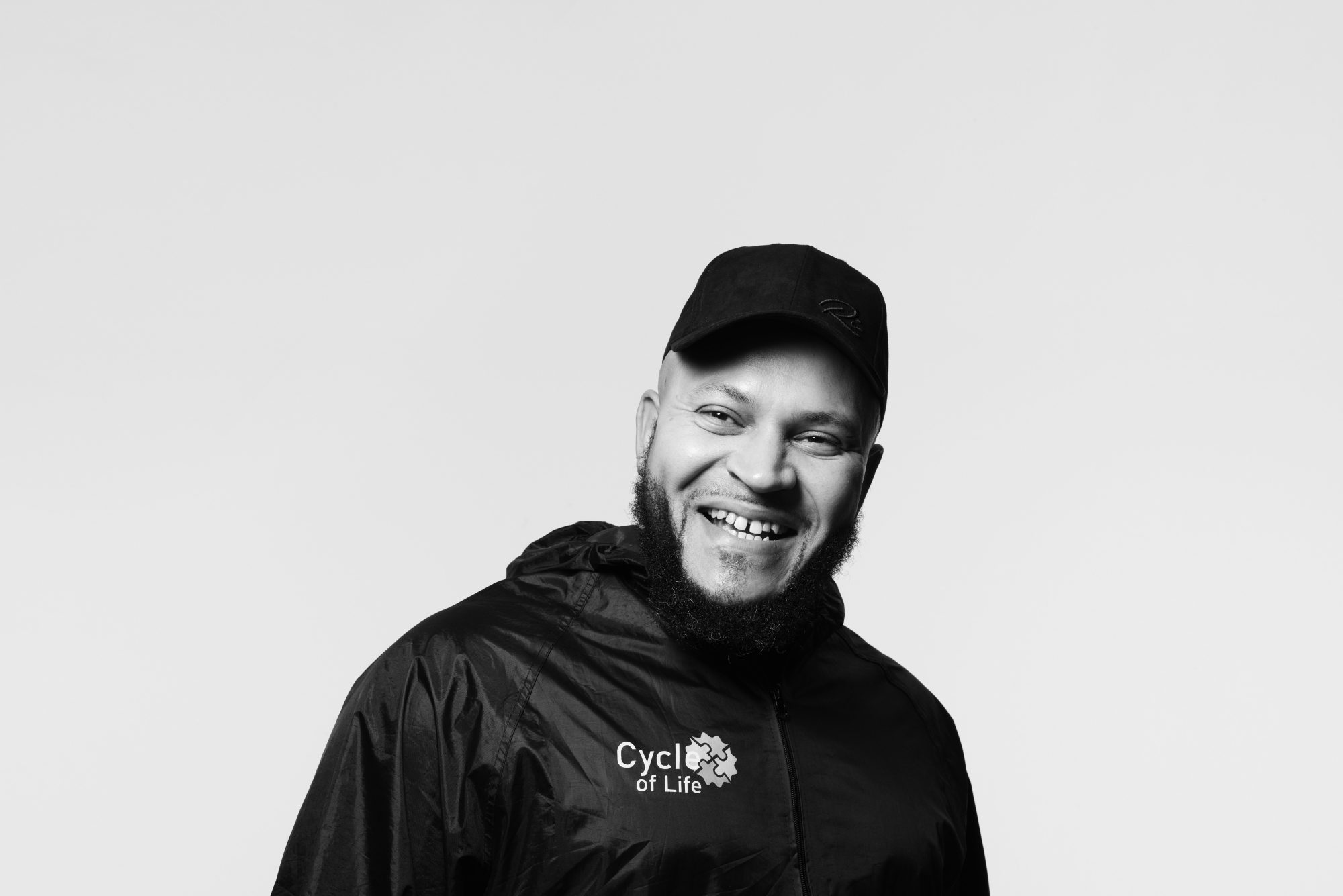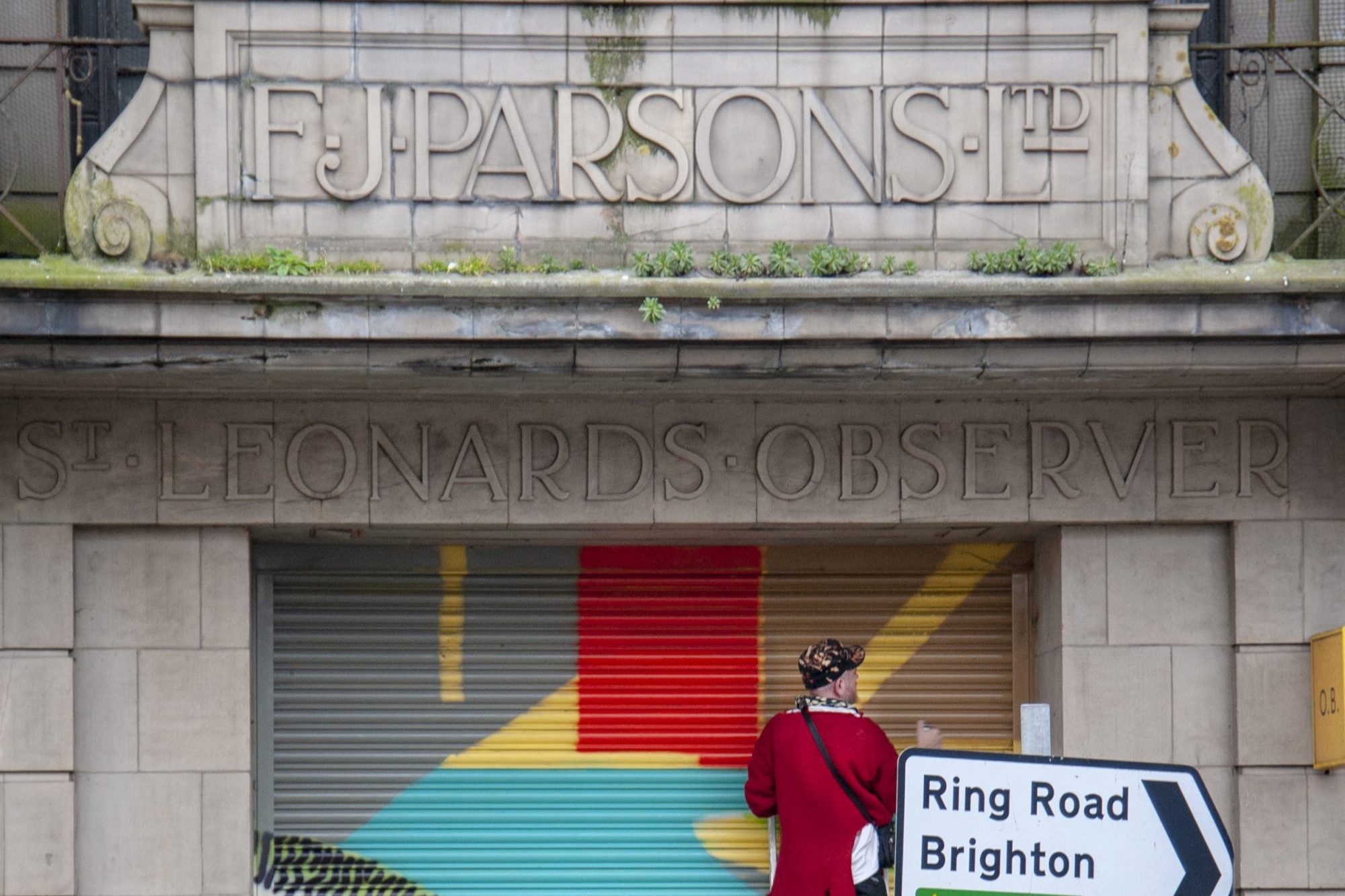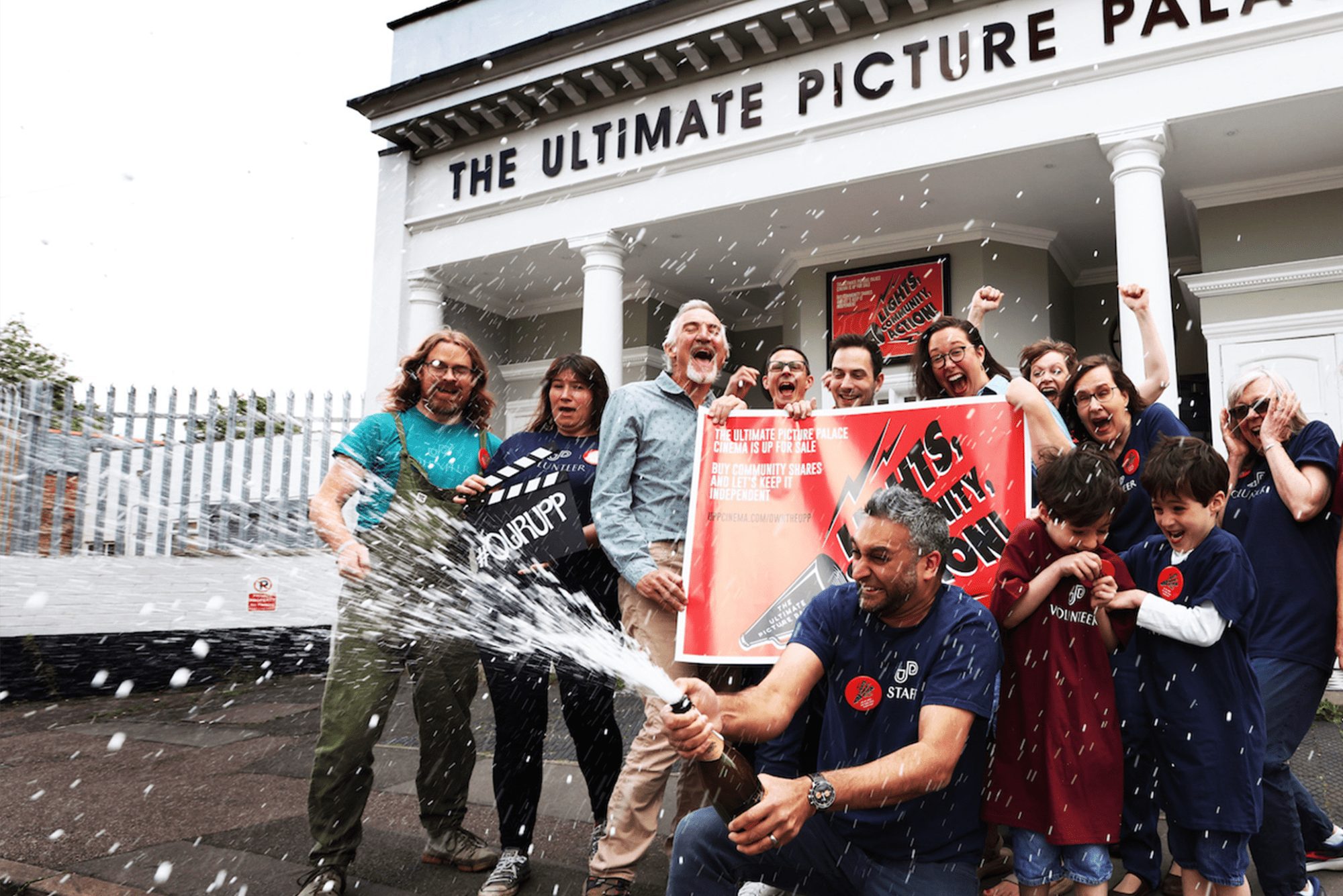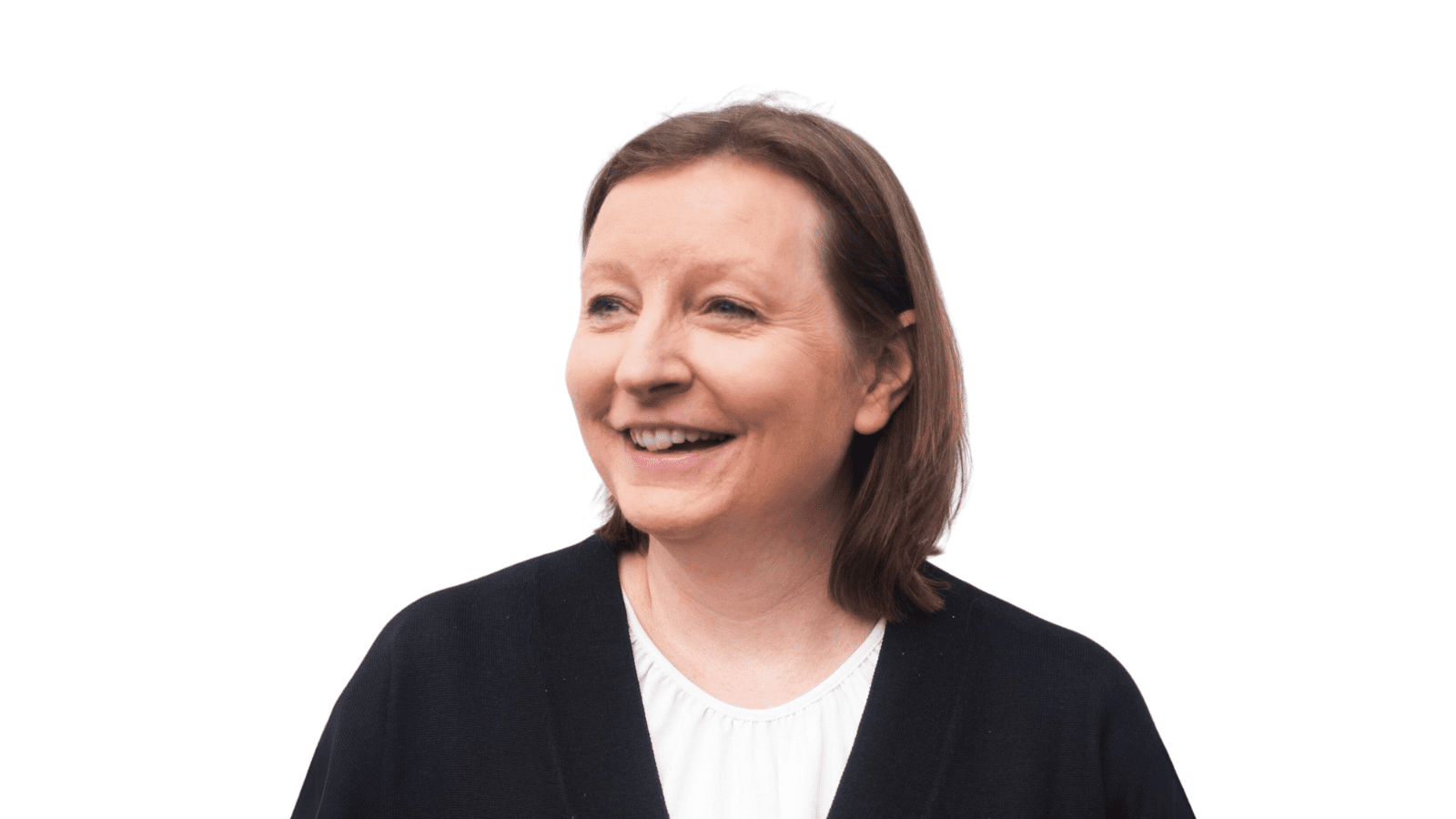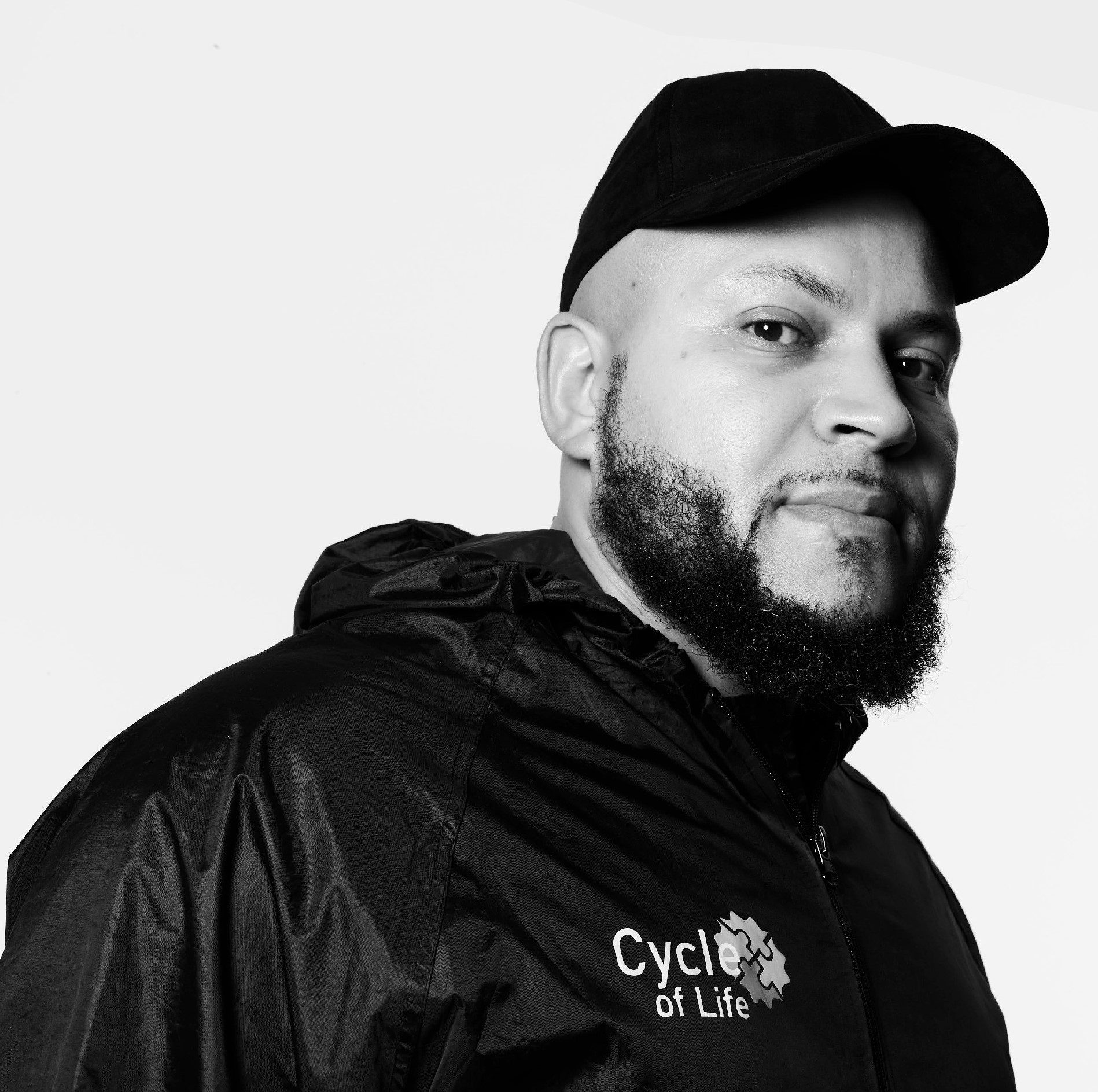
Ibe Hayter
Cycle of Life
I used to cycle with my dad as a kid and had a lot of good memories. But I soon abandoned cycling as I moved into my late teens and I did not return to it until I had my own children. I wanted to share the good memories I had growing up with them.
But after a few attempts to ride to school and other destinations in the city my kids told me no more. They complained they were getting laughed at at school and they felt like aliens. I soon realised that we were one of the only families who cycled in our area, and definitely the only black family in a very mixed area of the city.
Why did you start Cycle of Life?
I started to question why that was, as everyone agreed cycling saves money, is good for health and is an easy opportunity to reduce our carbon footprint. I tried a few different things like becoming a cycle instructor and working in schools but nothing seemed to make a difference. I wanted to make cycling accessible for everyone in our area but I knew if you can’t see people you can relate to on bikes things weren’t going to change.
What’s the social impact?
I joined a course at L8 a better place called Active Citizens. This course was intended to enable members of the community to make their individual grassroots projects to improve their area a reality and create a collective network in our region and around the country who would support each others growth. That’s when I came up with the concept of Cycle of Life.
We’ve been able to develop three cycle clubs in our area with over 150 members, we have repaired over 500 bikes, we have provided 75 bikes to key workers who wanted to try cycling on short journeys during lockdown.
We have trained 12 ride leaders, four mechanics and three instructors. Liverpool City Region saw the biggest increase in cycling in the UK (recorded at over 221%). Our work was recorded as having a social value of over £180,000 and we have worked with the NHS social prescribing team, asylum link, Merseyside police, local schools, youth clubs. We are part of a number of networks which enable us to reach more in the community.
Why do you think community climate action is so impactful?
A lot of us including myself found it difficult to buy into or relate to climate action initiatives because we couldn’t relate to the people involved. Many of us accept now it is an issue, but feel we can’t realistically make a difference in our day-to-day lives due to economic factors, which we feel the climate activists don’t need to worry about as much.
Community programmes with people we can relate to and who speak on our level show we can make small sustainable changes to our habits without breaking the bank.
What would you tell people who are unsure about taking local action on climate?
My message is we, as adults, need to educate ourselves and make the changes in our habits if we want our next generation to take it seriously as they won’t have the luxury of choosing the same options that we can.
How are you getting local people on board with being more environmentally friendly?
Because of the links we have built in the community and with other organisations we have been able to conduct successful group discussions with groups who would not otherwise been part of the conversation. We have used these discussions and our members to link more local people and even children with forums and organisations where they can find out more about being environmentally friendly as well as have their say. We have also enabled people to make cycling part of their lives and actively choose to cycle short journeys they previously would use a vehicle for by teaching people how to maintain their bike, plan routes and cycle road safety.
What would you like to see at COP26?
I would like to see commitment from our leaders and a clear roadmap with clear goals that everyone can get behind. I want to see COP26 filter into every strategic document in every department of every council so there is a clear message and we know everyone is on the same page.
What have you enjoyed most about being part of this Rankin campaign?
When I saw the diversity of faces Rankin had gathered I was made up. I think it’s important that Rankin and Futerra went out of their way to find authentic voices from across the UK to ensure everybody feels part of the changes as it affects all of us equally.
Politicians, activists and celebrities are the voices most of us hear in the news talking about climate change. Their voices matter, but they aren’t the only ones. Scratch the surface and you’ll find there are unexpected sources of climate leadership coming from all corners of the UK. Find out more about the Everyday Climate Heroes, a campaign by Futerra & Rankin, proudly supported by Power to Change.
